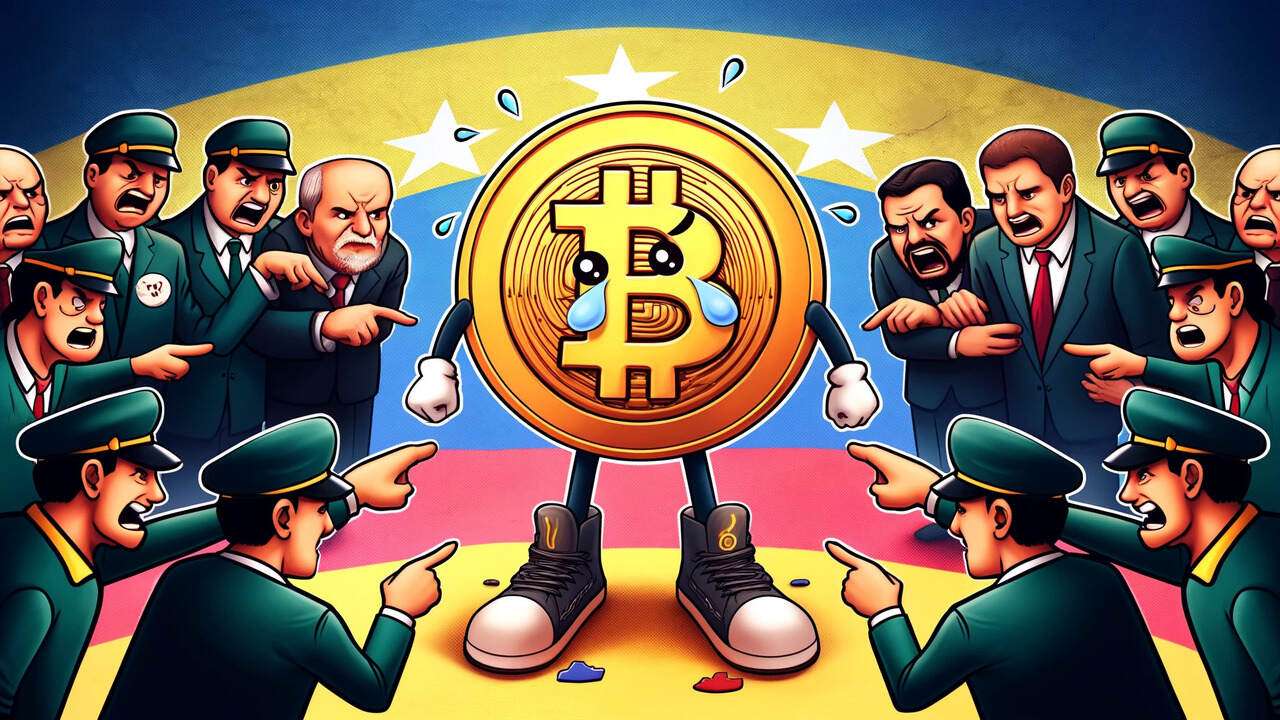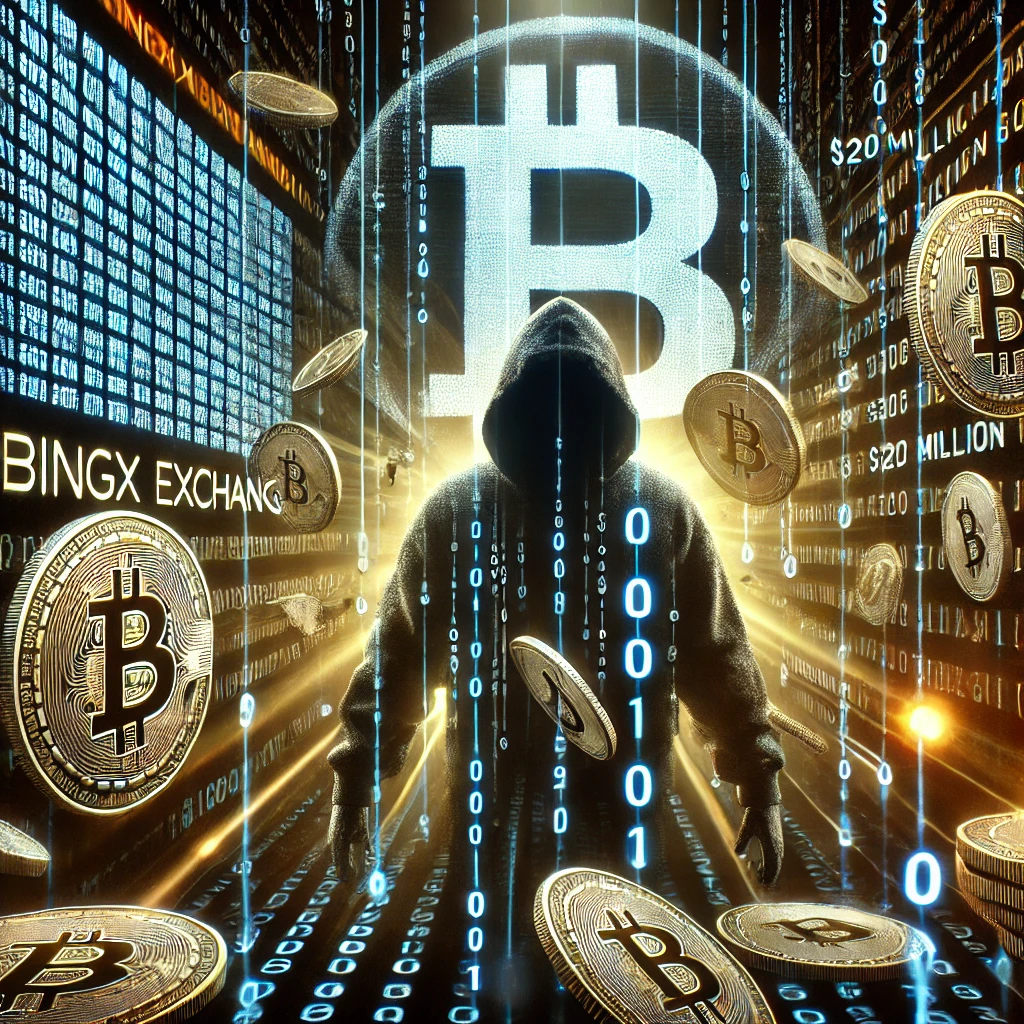
Caracas, May 18, 2024—To stabilize its national power supply, Venezuela’s Ministry of Electric Power will disconnect cryptocurrency mining operations from the national electricity grid, known as Sistema Electrico Nacional (SEN). This action targets crypto mining’s huge energy consumption and ensures electricity stays available to the general populace.
The Ministry’s decision aligns with Venezuela’s strategy to tackle the severe electricity crisis that has plagued the country since 2009. This crisis intensified in 2019, leading to widespread blackouts, severely impacting daily life and economic stability. The frequent power outages over the years highlight the challenges of maintaining a consistent electricity supply. By disconnecting high-energy-consuming crypto-mining farms, the government hopes to reduce the strain on the national grid and provide more reliable service to its citizens.
This policy addresses the energy demand and is part of a larger anti-corruption effort. Recently, 2,000 cryptocurrency mining machines were seized to combat illegal mining activities that burden the power system and involve corrupt practices. This crackdown has resulted in the arrest of key figures. Among them is Joselit Ramírez, the former head of the National Superintendency of Cryptoassets (Sunacrip). He faces charges including corruption and money laundering.
Venezuela’s community response and government collaboration
Rafael Lacava, Governor of Carabobo state, has emphasized the community’s role in this initiative. He has called on residents to report illegal mining activities, highlighting the collective responsibility to ensure the efficient use of energy resources. This community involvement is crucial as the government seeks to reinforce public cooperation in stabilizing the power supply.
Experts point to poor maintenance and inadequate investment in the power infrastructure as primary causes of the ongoing electricity issues. While some government officials attribute the problems to external sabotage, these assertions have yet to be accompanied by visible improvements in the infrastructure. The government has expressed commitments to overhaul and modernize the power grid, though significant progress is awaited.
Governments in other countries have taken similar actions against cryptocurrency mining. China and Kazakhstan restricted these activities to protect their power grids and prioritize essential services. Venezuela’s approach mirrors these international measures. It prioritizes the welfare of its citizens and the stability of essential services over the crypto-mining industry’s demands.
The disconnection of crypto mining activities is critical in addressing immediate energy shortages. Alongside the anti-corruption measures, these actions show a robust governmental effort to address systemic issues and improve Venezuela’s governance and infrastructure. As these efforts unfold, the engagement of the Venezuelan public is critical. It ensures the success of these initiatives and moves towards a more stable and sustainable energy future.
Also read: Hong Kong Residents Can Now Use Digital Yuan for Payments
Discover more from The African Crypto
Subscribe to get the latest posts sent to your email.








